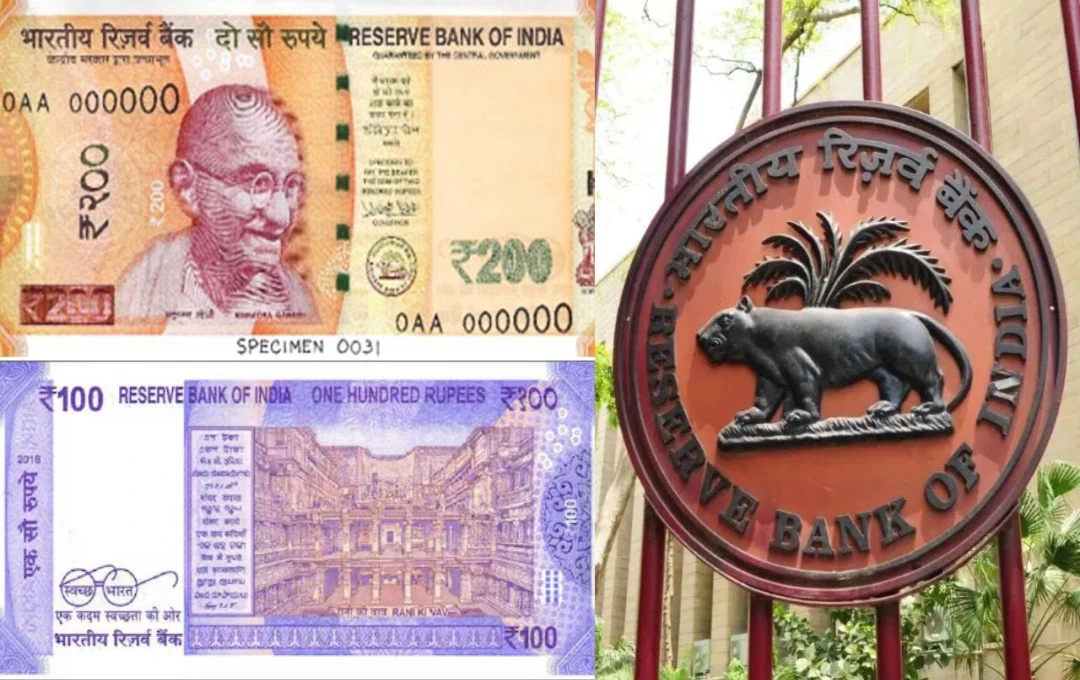Rajya Sabha Passes Waqf Amendment Bill; JDU Extends Support After Talks with BJP. Opposition Condemns Bill as Anti-Muslim, While Government Assures No Concerns.
Waqf Bill: The Rajya Sabha approved the Waqf Amendment Bill late Thursday night. The bill received 128 votes in favor, following its earlier passage in the Lok Sabha with 288 votes. Support from all NDA allies ensured the bill's smooth passage.
INDIA Alliance Protests

The opposition alliance, INDIA (I.N.D.I.A), bly opposed the Waqf Bill. Several parties, including the Congress, termed it an attack on the rights of the Muslim community. The opposition alleged that the law would weaken the rights of minorities over their religious sites and properties. Questions were particularly raised regarding the JDU's support, given party leader Nitish Kumar's image as a secular leader.
BJP Addresses Nitish Kumar's Concerns

Sanjay Jha, the JDU's national executive president and Rajya Sabha MP, stated during discussions that Nitish Kumar had certain concerns about the bill. However, the BJP leadership assured him that the law posed no threat to Muslim religious sites.
Muslim Community's Concerns Addressed
Sanjay Jha explained that before the bill's introduction, several representatives and religious organizations from the Muslim community met with Chief Minister Nitish Kumar. They shared their apprehensions about the potential impact of the bill. The JDU presented these concerns before the JPC (Joint Parliamentary Committee).
JDU's Support Follows Meeting with Amit Shah

Prior to the bill's presentation in the Lok Sabha, Union Home Minister Amit Shah met with JDU leaders Lalan Singh and Sanjay Jha. Assurances were given that the law would not affect mosques, Eidgahs, or graveyards.
Bihar Government's Prior Actions on Graveyard Protection
Sanjay Jha informed the house that the Bihar government had secured thousands of graveyards over the past 19 years, refuting the circulating misconceptions. He also highlighted Bihar as the only state to conduct a caste census, revealing that 73% of the population identified as Pasmanda Muslims. The JDU claims to possess data supporting their commitment to protecting minority interests.












